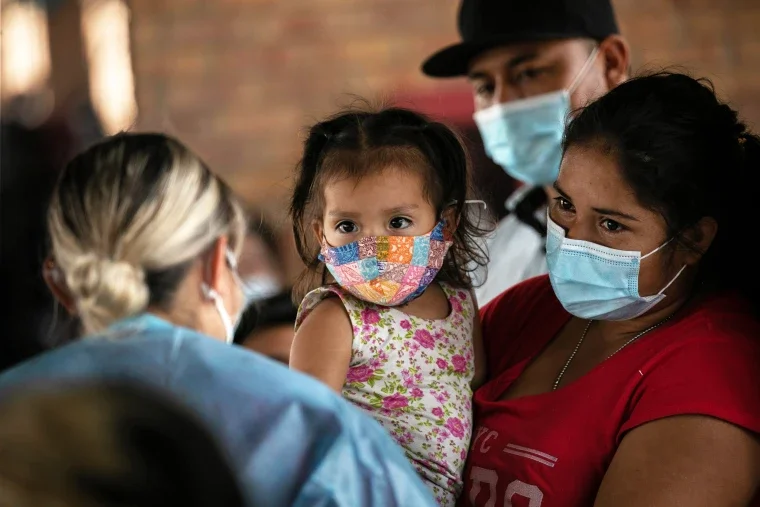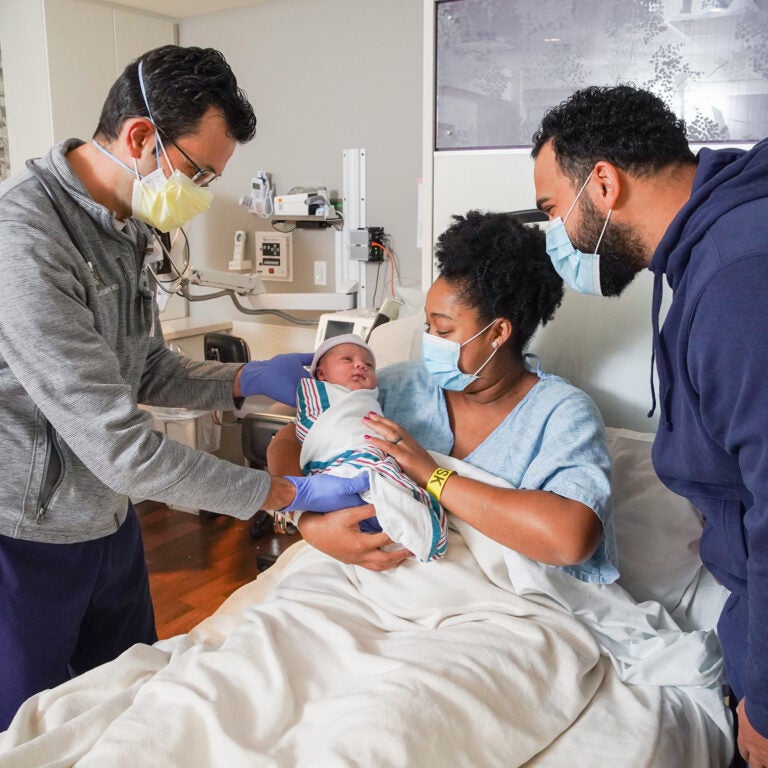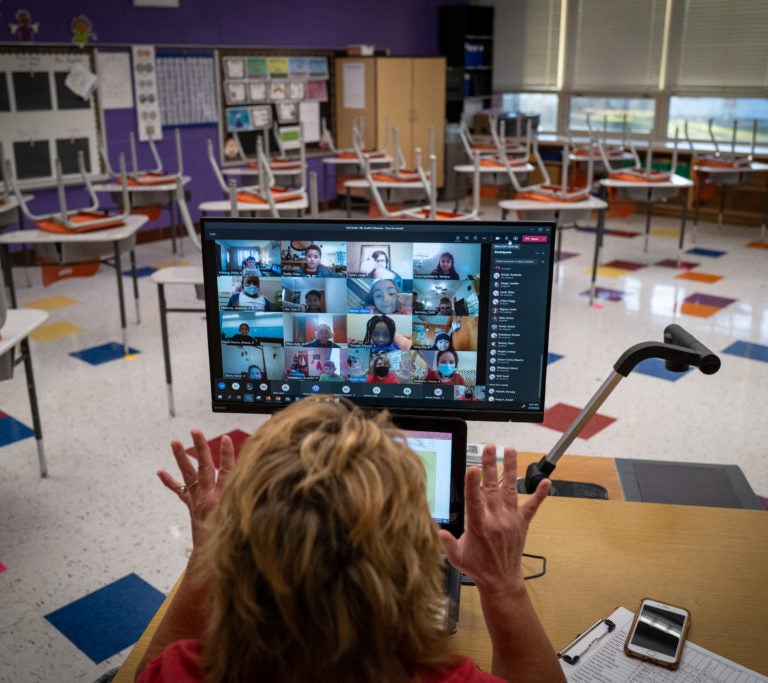Voices at the Intersection of Discrimination and Health Disparities
Stories from Latina Immigrant Mothers during COVID-19
These findings highlight the urgent need for targeted programs for Latina immigrant mothers and their families, including financial relief programs that are accessible to those with precarious immigration status, centralized information hubs that can provide culturally competent care coordination, and expanded physical and mental health services to support the well-being of the whole family.

Expecting A Baby During the COVID-19 Pandemic:
Mental Health Concerns in Pregnant Women Warrant New Treatment Approaches
Given this early evidence for heightened distress, treatment to support perinatal women is needed. We highlight the promising role of telehealth modalities and discuss specific interventions, such as Interpersonal Therapy, that may be particularly useful in treating perinatal women in the wake of the COVID-19 pandemic.

COVID-Related Hardships in Low-Income Minority Families:
Children’s Education was a Bigger Hardship Than Income and Food Security
In this brief, we report findings from data collected on families living in public housing communities in Los Angeles who were recruited prior to the pandemic as part of a longitudinal cohort study – the Watts Neighborhood Health Study (WNHS). The WNHS recruited adults and children ages 2 years and older from 607 households living in three public housing sites – Jordan Downs, Nickerson Gardens, and Imperial Courts – in the Watts neighborhood of South Los Angeles during 2018-2019. Between June 2020 and April 2021, questions about COVID-19-related hardships were administered to all adult and child respondents ages 9 years and older as part of their WNHS annual surveys. A total of 724 adults and 365 children ages 9-17 years completed the surveys, which were conducted remotely, via phone or video/audio-conferencing application. The study was approved by the University of Southern California’s Institutional Review Board.

For Young Adults, COVID-19 Restrictions Significantly Reduced Health-Related Quality of Life
Future policy responses must consider widespread health impacts
Anxiety and depression are the primary drivers, suggesting that the mental health impact of COVID-19 is significant and falls primarily on younger adults whose health outcomes may have been overlooked based on policy initiatives to date. Future public health responses must consider balanced policy approaches that comprehensively account for downstream consequences on physical and mental health well-being.

